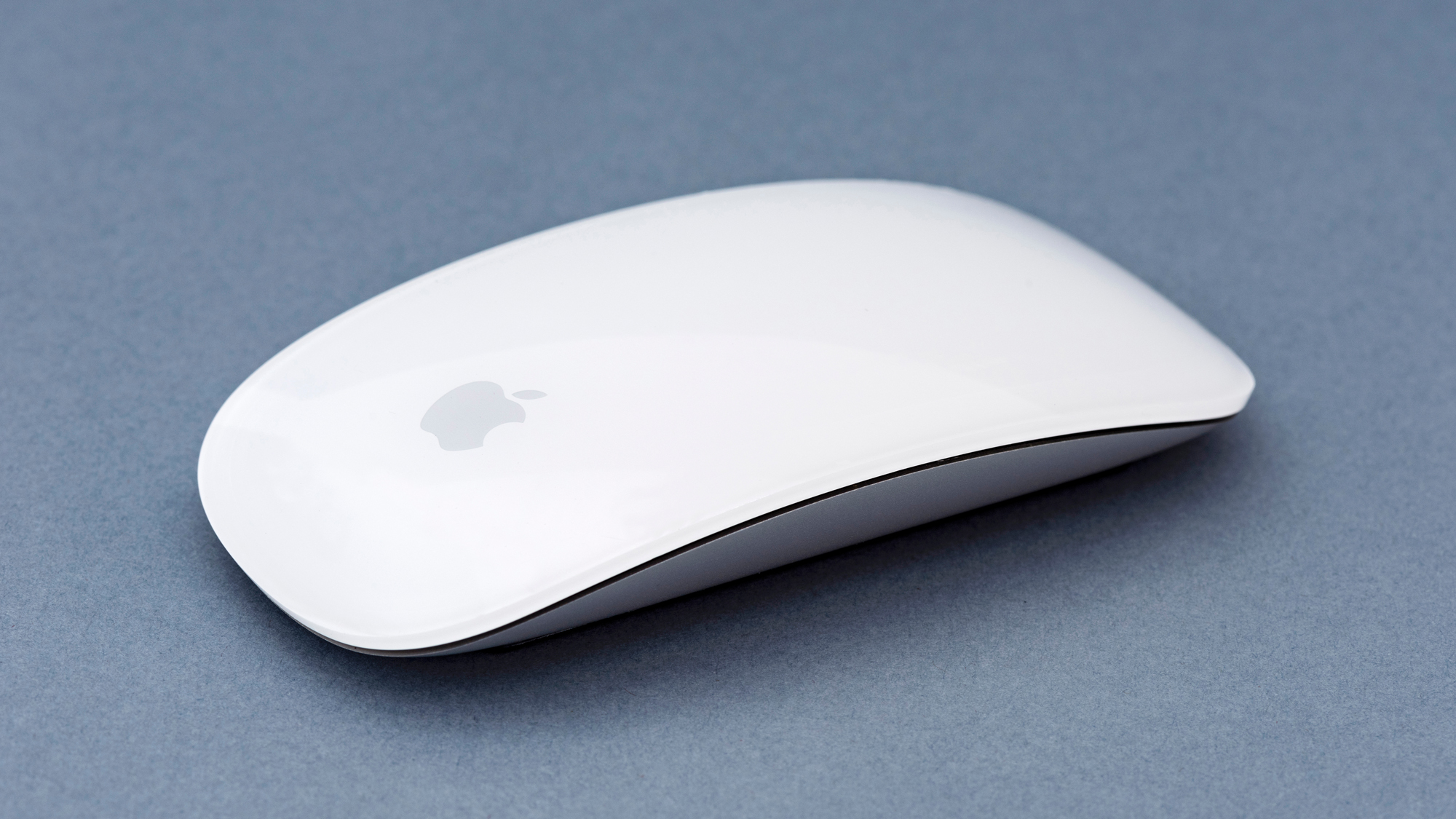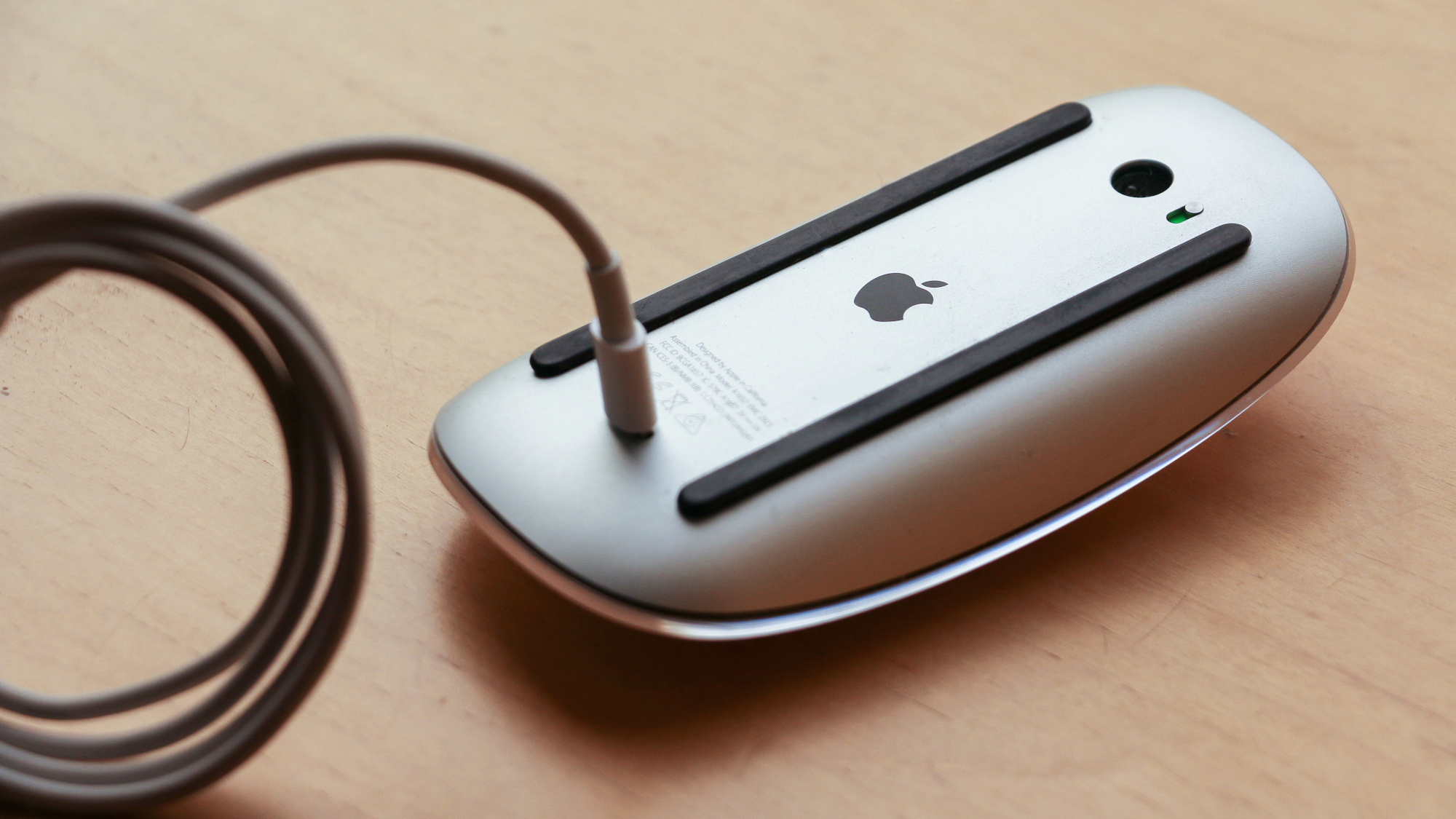
In the last day, there’s been a flurry of reports suggesting that Apple has taken leave of its creative instincts and will be equipping the next Magic Mouse with voice controls.
Thankfully, however, as 9to5Mac has concluded, this seems to have more to do with the perils of machine translation than Apple’s actual plans.
It all started with a post on Naver by the prolific leaker yeux1122. It’s written in Korean, but running it through Google Translate brings up this:
“Apple's design team has been working on prototype versions of the accessory in recent months to better fit the modern design. (*Ergonomic design for modern computing that combines touch screens, voice commands, and hand gestures)”.
But at the very top of the page, it actually credits Bloomberg’s Mark Gurman for the insights, and here’s where some sites writing this up have got the wrong end of the stick. Gurman’s original text from mid-December reads:
“Apple’s design team has been prototyping versions of the accessory in recent months, aiming to devise something that better fits the modern era. In a computing world now infused with touch screens, voice commands and hand gestures, the mouse isn’t as crucial as it once was.”
In other words, Gurman is writing that the mouse isn’t as important as it once was thanks to voice controls, not that it’s going to accommodate them.
Indeed, Gurman acknowledged the reports later, agreeing that “the rumor making the rounds today is just an incorrect back-and-forth translation” of the aforementioned line. But in the same thread of posts on X, he did concede that voice controls aren’t necessarily off the table.
“Voice control in the new Magic Mouse I wrote about this month makes sense in light of AI — and the fact that Apple is on a decade-plus cycle,” he wrote. But then added that from what he’s heard, the “big focus is [on] ergonomics and gestures” with a relocated USB-C port.
I’m still dubious though. Putting voice controls on a mouse is like adding a stylus to your Apple Watch: it’s just adding a frustrating layer of extra complexity for no reason at all.
Don’t speak
I can think of precisely three instances where I regularly use voice controls:
- Asking Alexa to turn off my bedroom light to prevent a toe-stubbing incident on the bed.
- Setting a timer on my watch so that my lunch doesn’t burn (I tend to wander too much around the house for a fixed alarm to work).
- Dictating the name of a show I’m looking for into the Apple TV remote to avoid awkwardly typing it out using the trackpad.
What do all these instances have in common? I only do them because there’s nothing more reliable to hand. And, frankly, almost anything is more reliable than voice controls.
If I’m using an Apple Magic Mouse, there’s simply no way I’m thinking of using voice controls, because I have a brilliant, accurate and reliable navigation method literally at my fingertips. A mouse and keyboard never serenade you with Bryan Adams when you’ve asked for Ryan Adams, or make shopping lists because a character on a TV show you’re watching is called Alicia. This is why forcibly removing Cortana was always the first thing I did when installing Windows afresh, and presumably, I wasn’t alone, given Cortana is no more.

And I suspect this wider apathy towards using voice for anything important is why Amazon is reportedly planning to monetize Alexa with a smarter version. Nobody wants to use voice controls for shopping, and opening up my “to do” and “shopping” lists on the Alexa app demonstrates why. I don’t intentionally use either function and yet they somehow contain things like “Dog bosch”, “five huxley cream” and “put the laundry light on in America”.
Siri is seen as less useful than Alexa, so why would Apple add something so unreliable to the simple, reliable mouse — a tool that has simplified computer tasks for over 50 years?
Hopefully, it doesn't. Until it gets over its reliability problem, I and millions of others will only use voice controls as an absolute last resort. Any attempt to add it to my mouse will be a waste of perfectly good plastic that will be roundly ignored.







